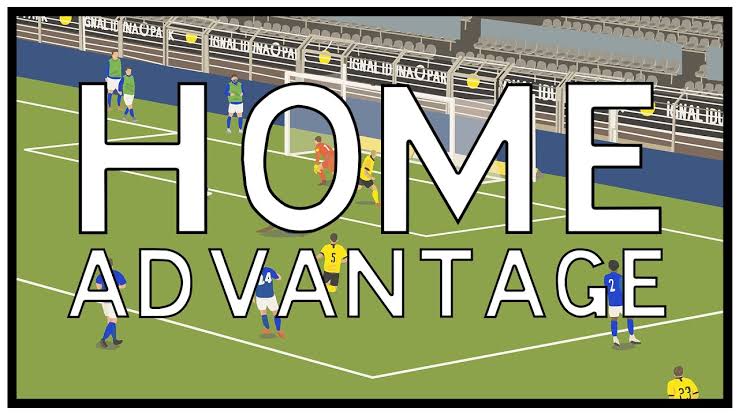In football, few factors are as significant or as consistent as home advantage. Whether it’s the roar of the crowd, the familiarity of the pitch, or the lack of travel fatigue, playing at home often gives teams an extra edge. When you’re making football predictions, understanding and factoring in the impact of home advantage can significantly boost your accuracy.
Here’s a closer look at why home advantage plays such a vital role in football predictions and how to factor it into your betting strategy.
1. The Power of the Crowd
One of the most obvious reasons home advantage matters is the support teams receive from their home fans. Stadiums filled with passionate supporters can create an intimidating atmosphere for visiting teams. The collective energy and vocal support can lift the home players’ morale, pushing them to perform at a higher level than they might in an away game.
In addition, referees—consciously or subconsciously—may be influenced by the crowd, particularly in high-stakes matches. Studies have shown that home teams tend to receive more favorable decisions, such as fewer bookings and more penalties awarded, which can swing a close game in their favor.
When making predictions, always consider how influential a club’s home crowd is. Some teams, like Liverpool at Anfield or Dortmund at Signal Iduna Park, have renowned home support that can significantly impact the outcome of a match.
2. Familiarity with the Pitch
Home teams are more familiar with the nuances of their own pitch. Whether it’s understanding the way the grass plays, the size of the field, or how the wind affects certain areas, this knowledge can offer a tactical advantage. Players are also accustomed to their changing rooms, pre-match routines, and even the journey to the stadium—these little comforts can make a big difference in preparation and performance.
On the flip side, away teams may face unfamiliar conditions that can disrupt their flow, especially if they’re traveling to a venue with unusual characteristics. For instance, some pitches are smaller than others, which can affect teams that like to play expansive football. Weather conditions can also vary significantly between regions, putting away teams at a disadvantage if they’re unprepared for the local climate.
3. Travel Fatigue and Disruption
Travel is another key factor that gives home teams an advantage. Away teams often have to deal with the fatigue of long journeys, early wake-up calls, or even overnight stays in hotels. This disruption to their usual routine can have a physical and mental toll, affecting their preparation and performance.
International competitions or league games that involve long distances—especially across time zones—amplify this effect. Teams that are used to traveling short distances may struggle when they face longer trips. For example, a team flying across Europe for a Champions League match might not be as sharp as a home team that has spent the week preparing in familiar surroundings.
When making predictions, it’s important to consider the travel distance for away teams. The further they have to travel, the more likely they are to struggle, especially against a well-rested home team.
4. Historical Data and Home Form
Looking at a team’s historical home form is essential when making accurate football predictions. Some clubs perform exceptionally well at home, regardless of the quality of the opposition, while others struggle to make the most of their home advantage.
For example, mid-table teams might struggle to win away but perform strongly in front of their home fans. This consistency at home makes them reliable to back, especially when facing teams of similar or lower quality.
Always check a team’s home record when predicting match outcomes. Even if they’ve been underperforming overall, their home form may still be strong enough to give them the edge in a particular game.
5. The Psychological Edge
Finally, there’s a psychological aspect to home advantage. Players often feel more comfortable and confident in familiar surroundings. They have routines and habits associated with their home stadium that can put them at ease and allow them to focus more on their performance.
On the other hand, away teams might feel more pressure in hostile environments, which can lead to mistakes or a more cautious style of play. The psychological comfort of being at home, combined with the discomfort and anxiety that can affect away players, is another reason home teams often come out on top.
Home advantage is one of the most consistent and powerful factors in football. It encompasses everything from crowd support and pitch familiarity to the psychological comfort of routine and the physical toll of travel on away teams.
When making football predictions, always factor in home advantage. Look at historical home form, the distance traveled by the away team, and the influence of passionate supporters.

